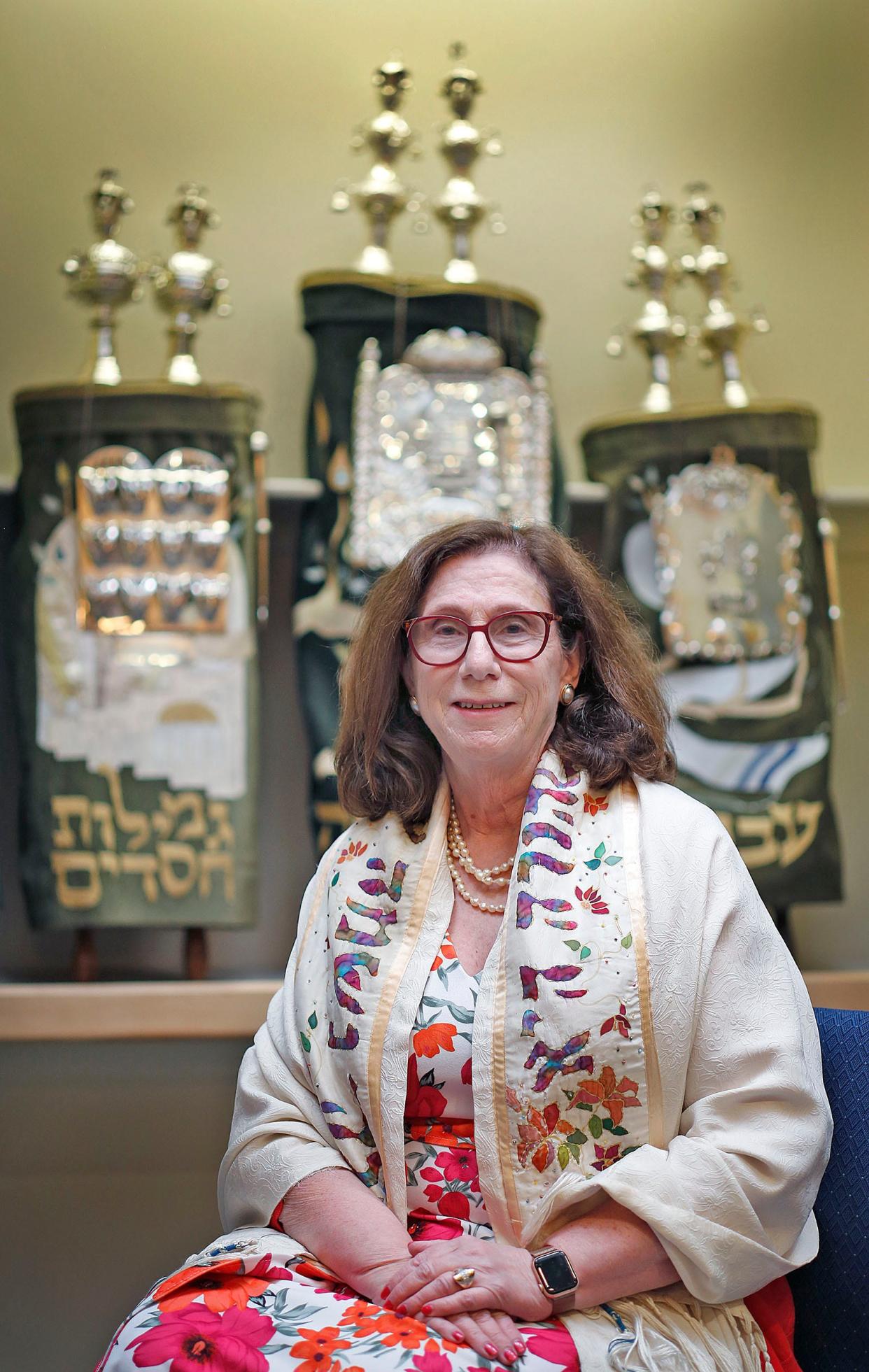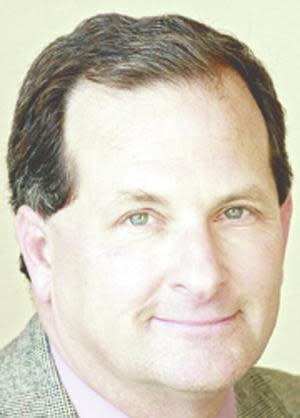Gerson: Women rabbis - and democracy in religion

This is my third and final column in my series of significant fifty-year anniversaries relating to religion, occurring in this year 2022. This piece is inspired by a very important fifty-year milestone in Jewish life. (And contrary to the first two columns - about the Munich Olympic massacre and Watergate this recalls a very happy event.)
In June of 1972, the Reform Movement of Judaism (of which our Athens Temple is a part), ordained the first American woman rabbi, Rabbi Sally Priesand, at the historic Plum Street Synagogue in Cincinnati (where I was ordained two years following). Actually, there had been one woman rabbi previously in Germany in 1935, Regina Jonas. But, she was killed in the Auschwitz concentration camp in 1944.
More from Rabbi Ronald Gerson: The divine imperative of freedom
Rabbi Priesand's ordination was a long time coming. Until the early nineteenth century, Orthodox Judaism was the only Jewish denomination. While women were venerated as wives and mothers, they were prohibited from leading Jewish rituals in the synagogue or even being on the pulpit for that matter. (They were relegated to a separate worship area).
Reform Judaism began in Germany in 1810 and made woman rabbis theoretically possible. But sentiments were still against the idea. But, with Sally Priesand's determination - she simply wanted to be a rabbi and serve - she accomplished her goal in June 1972. And since then, there are now hundreds of Reform Jewish women rabbis, as well as many in the Conservative and Reconstructionist Jewish movements as well.
In recent times, women have advanced in the Christian clergy, as well. In 2006, Katharine Jefferts Schori was appointed to the highest ministerial position in the Episcopal Church which she served for nine years. For nearly seventy years now, women have been in the ministry of the Methodist Church. Other Christian denominations have followed suit as well, including some changes in the more conservative Catholic Church.
More from Rabbi Ronald Gerson: The power of the law
All this is wonderful, as it points to a larger good, which is not always recognized. For it really fulfills the larger thrust of democracy that is present in the Old Testament which we all share.
In the wilderness days of the Bible, as reflected in the book of Numbers, there was a rugged desert democracy. The tribal leaders - representing the people - always reported to the overall leader, Moses. Even in the brief later period of Hebrew kingship, the king was under the Torah, the law, and was reprimanded by the prophets. Modern religious organizations - synagogues, churches and mosques - should always try to emulate this Biblical democratic spirit, which I believe they generally do.

So, all this is the larger meaning of the ordination of our first American woman Rabbi fifty years ago this past June. It was not only a glorious moment for Judaism - but in a sense - for all of organized religion as well.
This article originally appeared on Athens Banner-Herald: The ordination of the first American woman rabbi a win for democracy

